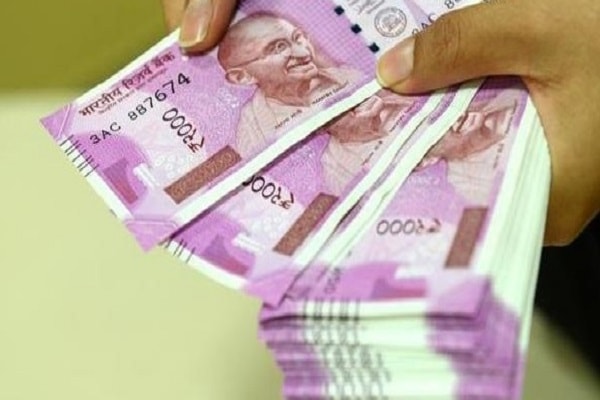As per Reserve Bank of India (RBI), the limit for purchase of goods and services through a card are decided by the card-issuer bank. As apprised by Public Sector Banks (PSBs), the maximum limit of making payment through debit card for making a purchase has not been reduced by banks.
As apprised by Central Board of Direct Taxes (CBDT), Department of Revenue, the Government has taken various steps to move towards a less cash economy and reduce generation and circulation of black money. Finance Act, 2017, section 269ST, inserted in the Income-tax Act, 1961, provides that no person is permitted to receive an amount of Rs 2 lakh or more:-
- in aggregate from a person in a day;
- in respect of a single transaction; or
- in respect of transactions relating to one event or occasion from a person;
otherwise than by an account payee cheque or account payee bank draft or use of electronic clearing system through a bank account. Further, penalty provision at the rate of 100 per cent of such amount is applicable, if amount is received in violation of the above provisions of section 269ST of the Act.
(Also read: What is Basic Savings Bank Deposit (BSBD) Account)
(Also read: Simplified key highlights of Union Budget 2019-20)
(Also read: Indian Railways releases its new All India Railway Time Table)
(Also read: E-Challan system to check traffic violations)
(Also read: Government reduces the rate of ESI contribution from 6.5% to 4%)
(Also read: National Common Mobility Card)
(Also read: NEFT and RTGS charges will be waived from 1 July 2019)

